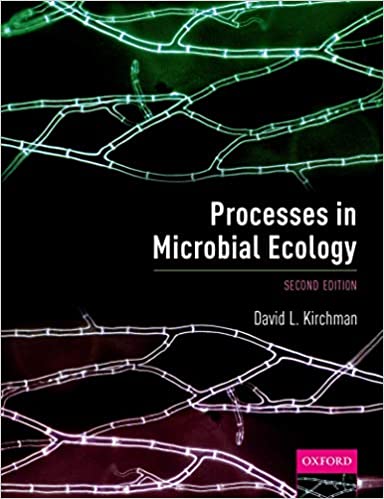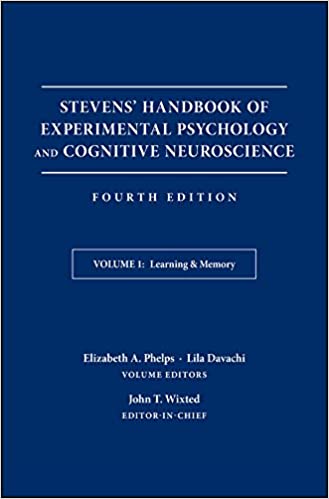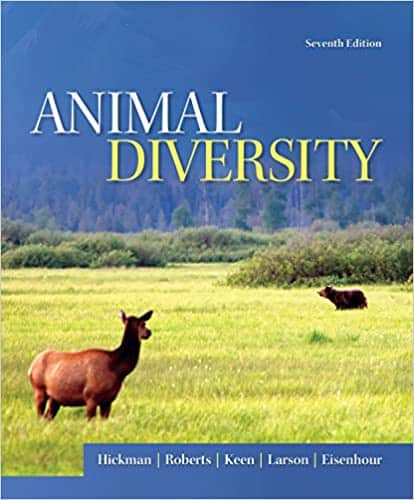Category: Textbooks
Microbial ecology is the study of relations among microbes in natural environments and their roles in food web dynamics, biogeochemical cycles, and the evolution of life. Microbes are the most plentiful organisms in the biosphere and facilitate many critical reactions in elemental cycles and biogeochemical reactions. Because they are vital
There are 5 volumes in this. All volumes are included. Volume 1: Learning and Memory: Elizabeth Phelps & Lila Davachi (Volume Editors) Topics covered include working memory; fear learning; memory and future imagining; education and memory; emotion and memory; sleep and memory; motivation and memory; attention and memory; inhibition in
Animal Diversity, 7th Edition, (PDF) provides a concise introduction to the field of animal biology. Readers find general principles of evolution, ecology, systematics, classification, and animal body plans. After these opening chapters, readers explore the biology of all groups of animals. The basic features of each group are addressed, along
Human Factors and Ergonomics of Prehospital Emergency Care (PDF) offers an introduction to the field of human factors for individuals who are included in the delivery and/or improvement of prehospital emergency care and explains opportunities to advance the practical application of human factors research in this critical domain. Related theories
DISCOVERING COMPUTERS & MICROSOFT OFFICE 365 & OFFICE 2016: A FUNDAMENTAL COMBINED APPROACH (PDF) combines strong computer concepts from the best-selling DISCOVERING COMPUTERS with proven step-by-step instruction on Microsoft Office365 and Office 2016 in one convenient book. This single resource delivers the best of Shelly Cashman Series — the acclaimed





